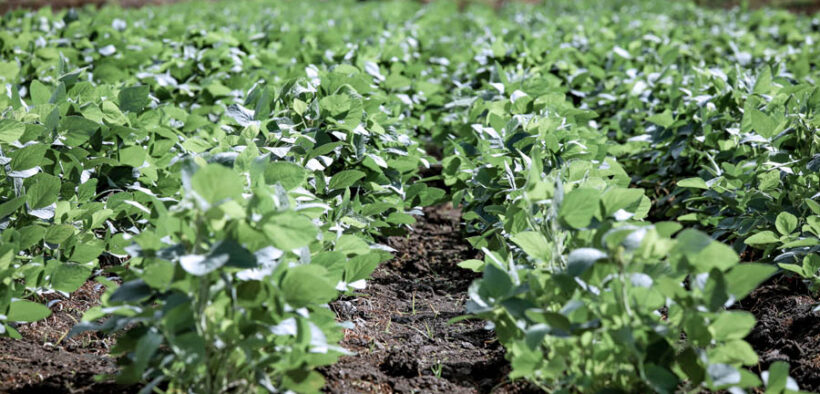Puerto Rico’s agricultural biotech sector generates $284M

Puerto Rico Agricultural Biotechnology Industry Association study highlights biotech’s economic impact and global significance.
Puerto Rico’s agricultural biotechnology industry generated a direct economic benefit of $284 million and employed 2,906 individuals with average salaries three times higher than the regional median, according to a recent study commissioned by the Puerto Rico Agricultural Biotechnology Industry Association (Prabia).
The report, prepared by Estudios Técnicos Inc., was released during Prabia’s 30th-anniversary celebration, highlighting the sector’s role as a significant economic driver, job creator and catalyst for sustainable innovation on the island.
In fiscal year 2024, the agricultural biotechnology industry contributed approximately $9.3 million in taxes, underscoring its importance not only to the local economy but also to public services. In Puerto Rico’s southern region in particular, the industry provides critical employment opportunities and stimulates economic activity through increased demand for local goods and services.
“The impact of agricultural biotechnology in Puerto Rico goes beyond economics; it also enhances the quality of life in our communities and helps address global food security challenges,” said Wilson Rivera-González, recently appointed as Prabia’s new president. He has more than two decades of experience in agricultural biotechnology, environmental compliance and sustainable innovation.
The study also highlighted Puerto Rico’s leadership in innovation and regional competitiveness. The island compares favorably with countries like Chile, Costa Rica, and the Dominican Republic, particularly in educational partnerships and the development of drought-resistant crops, reinforcing its strategic role in the global agricultural biotech industry.
Prabia members also contributed more than $176,000 to community outreach initiatives, including scholarships, summer camps, specialized training programs and partnerships with local universities.
“My commitment is to work closely with our members, academia and communities to position Puerto Rico as a global leader in agricultural biotechnology,” Rivera-González said.
Prabia’s report underscores the industry’s contributions to addressing global challenges such as food security, climate change, population growth and resource limitations. The industry’s research and seed development initiatives directly support sustainable agriculture practices both locally and globally.
To meet future workforce and infrastructure needs, Prabia is advocating for public policies that address skill gaps and ensure a strong infrastructure to support continued growth. This strategy is key to maintaining Puerto Rico’s competitiveness and securing its leadership in agricultural biotechnology.
“Prabia reaffirms its mission to promote research, technological development, and strategic alliances between industry, academia and local communities,” Rivera-González added.






